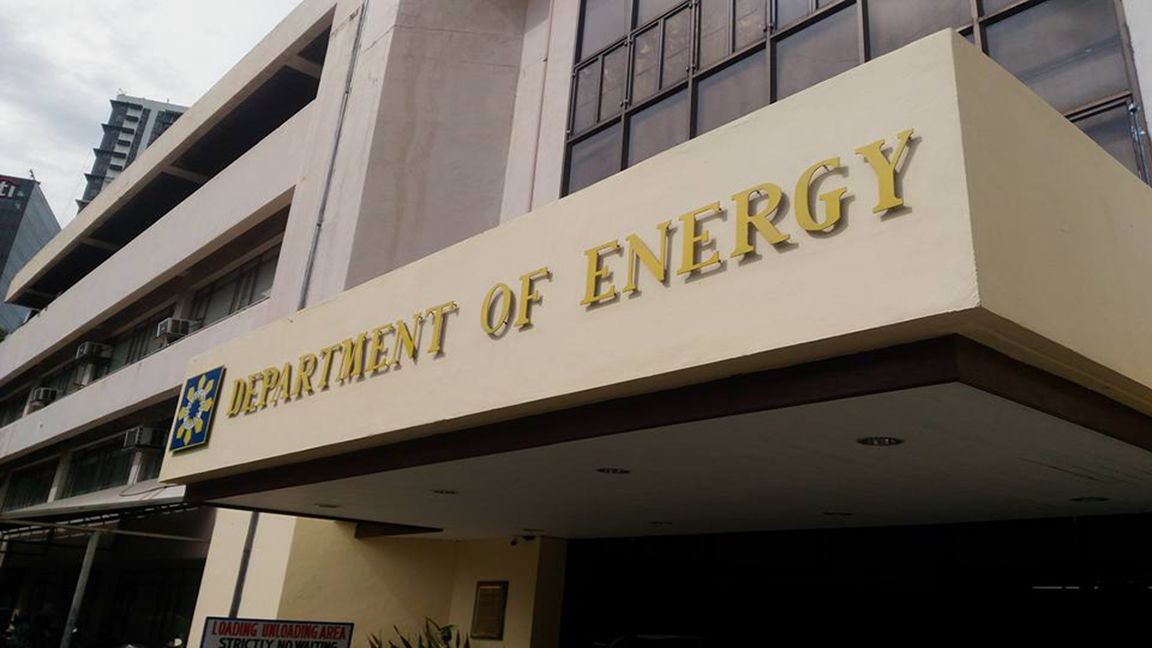How can investors in renewable energy projects be lured into this area when processing of project applications take 179 signatures. Renewable energy proponents are asking the Department of Energy to streamline the process so that investors can be attracted to get into RE projects and improve the country’s compliance to its climate change commitments.
WAS the country’s commitment raised in Glasgow last November to reduce carbon emissions to prevent further warming just a lip service?
Because efforts by investors to go into renewable energy is being thwarted by the tedious processing of permits, that require 179 signatures.
RE developers asked the Department of Energy last Wednesday to review the project application process to eliminate unnecessary steps that hinder investment.
Going forward, “the Department of Energy (DoE) can make it a bit easier for developers (by) revisiting the processes (and determining) what is less relevant. I think we can also shorten certain processes in terms of priorities,” MRC Allied, Inc. Chief of Public Relations and Business Development Maria May P. Militante said at Philippine Solar PV Energy virtual summit on Thursday.
Militante noted that a typical application requires 179 signatures.
Continuous revisiting
“It’s a constant dialogue between the private sector and the government so a continuous revisiting of all the policies would entice participation in the industry,” she said.
MRC Allied, Inc., a listed property developer, has branched out into renewables with a proposed $16.6-million 12 megawatt (MW) solar photovoltaic park in Central Luzon.
Other developers welcomed DoE initiatives such as the Green Energy Auction Program (GEAP), which gives users with power demand of 100 kilowatt-hours the option to source power from accredited RE suppliers.
Fort Pilar Energy, Inc. President Joseph Omar A. Castillo said the DoE’s Green Energy Auction Program (GEAP) has the potential to jumpstart the solar industry.
Castillo added that the program also makes it easier for developers to secure financing as it offers a bankable business model.
“The micro grid law can also (spur) investment,” he added.
The GEAP aims to promote RE as a primary source of energy by offering users a competitive selection option for their power providers.
Republic Act 11646 or the Microgrid Systems Act was signed into law on Jan. 21, authorizing the DoE to define certain areas as unserved and underserved, paving the way for the entry of microgrid service providers.
The Philippines hopes to bring the share of RE in its power generation mix to 35 percent by 2030.
Renewables currently account for just 30 percent of the country's energy mix. The government-led National Renewable Energy Plan (NREP) aims to triple RE capacity to 15,304 MW by 2030 - but WWF (or the environment group Worldwide Fund for Nature) thinks it can do much better.
As per REN21's report, in 2018, the Philippines had 7.1 GW of renewable energy capacity, with 4.3 GW attributed to hydropower and 896 MW to solar.
Ren is a climate-tech platform delivering 100 percent renewable energy for the world's biggest corporations looking to be carbon- neutral.Its tools are developed in collaboration with Google and NREL, and backed by years of domain expertise, enable visualization of global energy demand and carbon footprint.
In 2020, the Department of Energy (DOE) released the Philippine Energy Plan 2020-2040, establishing the country's goal for renewable energy to reach 35 percent of its power generation mix by 2030 and 50 percent by 2040. This development, in turn, will culminate in the increasing deployment of solar PV across the country.
Since the sun never fails to shine on the Filipinos, investing in solar panels are a great investment. The tropical climate allows for a lot of sunlight, which automatically means that there will never be a want for a source of solar power.
A May 2020 report by McKinsey showed that government spending on renewables and energy efficiency creates 3 times more jobs than spending on fossil fuels. Renewable energy also reduces health risks since higher consumption of fossil fuels increases air pollution
Home solar is a clean, emissions-free, and renewable energy source. Unlike fossil fuels such as coal and natural gas, home solar doesn't release harmful pollutants or greenhouse gas emissions—like carbon dioxide—into the air and water resources.
Tags: #DoE, #Renewableenergy, #179signatures, #cleanerenergysources, #solarpanels, #energy
